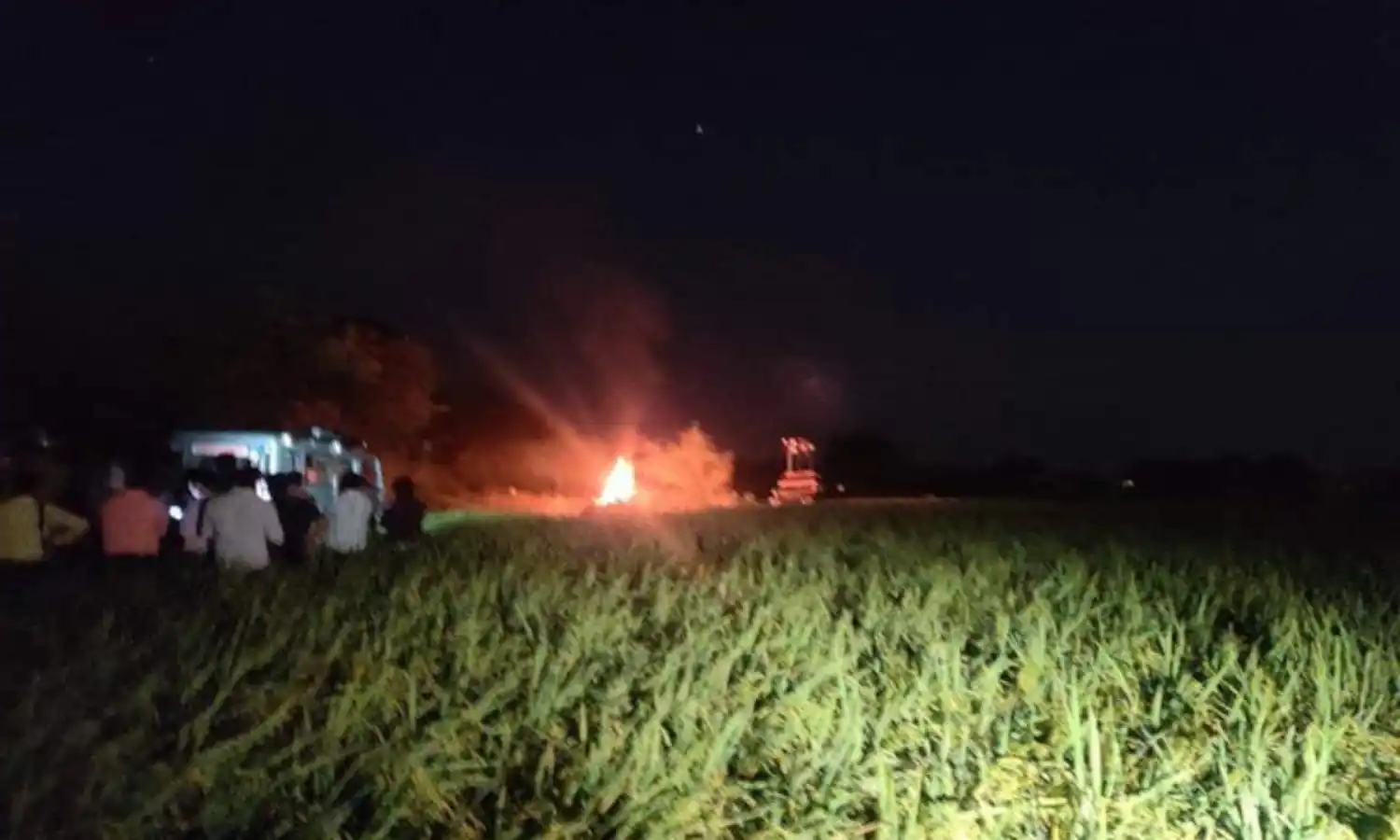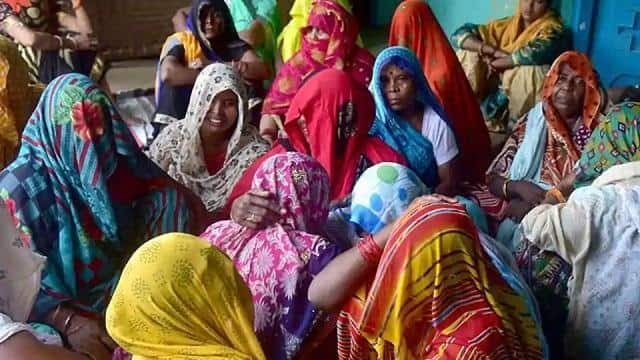Justice Demolished
Ascending order of reverence and descending order of contempt

In the days leading up to Mahatma Gandhi’s 150th birth anniversary on 2nd October India witnessed three events that grimly depict the serial demolition of justice endangering the very foundation of our nation.
It is extremely worrisome that justice is being demolished in the institutions of governance of our Republic, proclaimed to secure to all within in “Justice, social, economic and political; Liberty of thought, expression, belief, faith and worship.”
It would be pertinent to first reflect on the CBI court judgment on criminal cases filed against Lal Krishna Advani, Murali Manohar Joshi and several others after the Babri Mosque was demolished in “egregious violation of law” and “in breach of the order of status quo and an assurance to” the Supreme Court.
And yet the CBI court acquitted all accused, observing that the monument was demolished by anti-social elements. Justice stood demolished as no one was punished for the criminal dismantling of the Babri Mosque.
A judgment which did not ensure justice, it called to mind the words of Rajendra Prasad, first President of India, who while unveiling a bust of Mahatma Gandhi in the premises of the Odisha High Court recalled his appearance as an advocate before a judge of a court in British India, and said that the judge, when requested by him to give justice in a case, bluntly said, “Judges are not here to do justice, but to decide cases according to evidence on record”.
That observation was cited by President K.R Narayanan when he inaugurated the fiftieth anniversary celebrations of the Supreme Court in 2000, remarking that “mysterious are the ways of justice” and quoting a British editor’s statement that “the law court is not a cathedral but a casino, where so much depends on the throw of the dice”.
The judgement of the CBI special court is a mere judgement, and does not dispense justice to remedy the demolition described in 2010 by Supreme Court Justices P.C Ghose and R.F Nariman as “the crime which shook the secular fabric of India.” The unpunished crime will haunt the Republic and intensify the deepening insecurities of our citizens who were lynched because of their name or dress or faith, and were framed by police and politicians because they protested against the highly discriminatory laws enacted after 2019.
The absence of fairness in the functioning of our courts of law was recently reflected in the argument of former Supreme Court Justice Markandey Katju, who while pleading for the fugitive Nirav Modi before the London Westminster Magistrates Court, argued that he would not get a fair trial in India if extradited.
We find the lamentable demolition of justice in the legislature too, as agonisingly demonstrated in the Rajya Sabha or Council of States on September 20, when the government’s disputed agriculture bills were not put to vote by Deputy Chairman Harivansh, in despite of some opposition Members’ demand, a few of whom were shouting for division [of votes] from their respective seats.
Next day media headlines such as ‘Deputy Chairman Said Opposition Wasn't in Seat When Asking for Division, Rajya Sabha TV Shows Otherwise’ brought to public notice the glaring acts of commission and omission on the part of the Deputy Chairman in flouting the Constitution, rules of the House, and parliamentary convention in declaring that those Bills had been passed by voice vote.
At last the Deputy Chairman conceded to the press that at least one Member had been in his seat when demanding division. Regretfully however, he justified denying permission to Shri Siva on the ground that there was “disorder” in the House. It is at variance with his statement that he asked Members to go back to their seats and division would be allowed only thereafter.
Rule 252 of the Rules and Procedure and Conduct of Business in Rajya Sabha clearly mandates that if even one Member asks for Division then the Chair has to grant it. In fact Shri Siva has been asserting from September 20 itself that he asked for division from his seat yet the Deputy Chairman did not allow it. In response to the media exposé the Deputy Chairman stated that “as per rules and practice, in order to have a division, two things are essential. Firstly there should be a demand for division and equally important that there should be order in the house.”
Surely this is equally applicable for granting voice vote. If division could not take place because there was no order, then how was voice vote allowed by him when chaos was prevailing in the House?
According to Rule 257, “In the case of grave disorder arising in the Council, the Chairman may, if he thinks it necessary to do so, adjourn the Council or suspend any sitting for a time to be named by him".
Clearly if there was disorder in the House the Deputy Chairman should have invoked Rule 257 instead of opting to pass the Bills by voice vote.
His decision not to allow physical voting by applying division violated the Constitution, which provides in Article 100(1) that all questions in either House of the Parliament, or in joint sittings of both Houses, should be decided by the majority of Members present and voting. It means that there has to be physical voting to decide if the Bills or any other matter in the House has got majority support in its favour.
Non-application of division by the Deputy Chairman for the passage of the Farm Bills and his decision to pass them by voice vote is nothing but demolition of the Constitution, rules, law and justice.
And the third and most heart-rending example of the demolition of justice was brutally manifested in Hathras, Uttar Pradesh on September 30 when police did not allow the family of a Dalit girl to cremate her body after she died in a Delhi hospital following a gruesome gangrape perpetrated on her two weeks ago in a farm field by four Thakur men who severely beat her and completely paralysed her body.
Police personnel brought the dead body from Delhi and cremated it at 3 AM by locking up the girl’s family members and ignoring the pleadings of her mother that they should hand over the dead body of the girl to her family so they could conduct the funeral as they wished.
The ghastly rape and maiming of a Dalit girl by the Thakur “upper” caste in her village, her eventual death, and the police denial of her last rites to her family underline the ongoing caste crimes and prejudice best described in the statement of Dr B.R Ambedkar that “the caste system represents the ascending order of reverence and descending order of contempt”.
It is a frightening indicator of an architecture of government where justice for people is seen to be trampled upon brazenly.
We must salvage the sanity and strength of the Republic by invoking and enforcing the ideals of the Constitution, constitutional morality, and jurisprudence, at the core of which is justice.
Dr Ambedkar’s exhortation to Educate, Organise and Agitate, and his insistence on the constitutional method for this purpose, is the categorical imperative.




